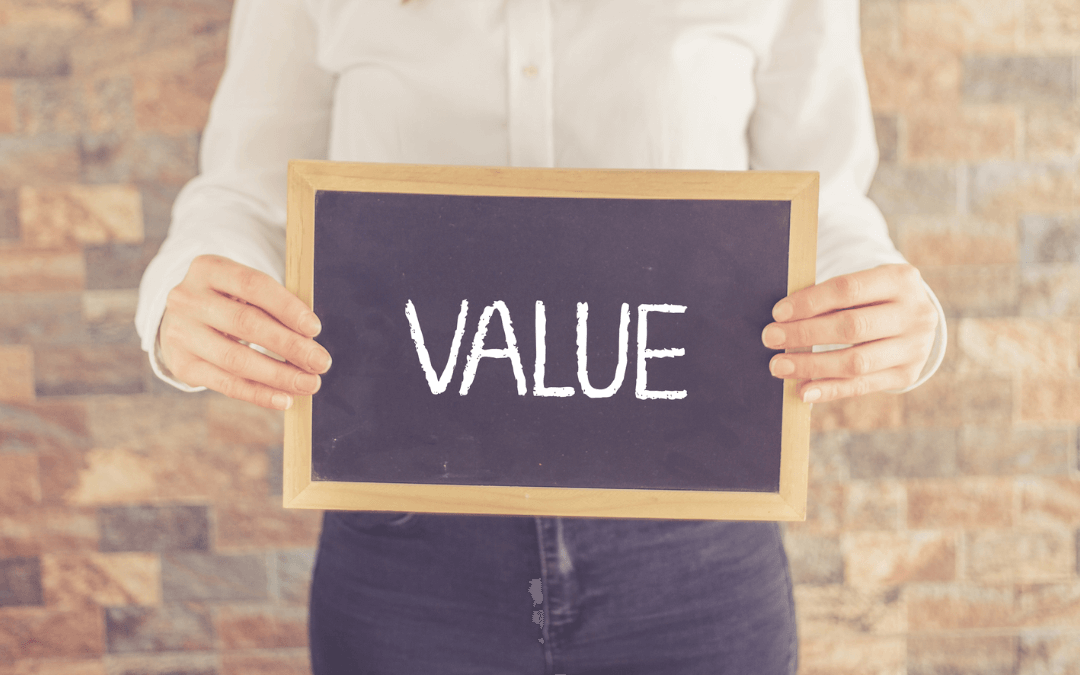Pride is a feeling. Feelings are emotion cocktails triggered by the stories we tell ourselves, whether we are aware of them or not. Pride triggers a mix of positive emotions, like excitement, joy and contentment. Maybe even happiness.
The purpose of feelings is to make us behave in specific ways. They are a form of self-management to fit in with families, friends and colleagues. On the surface and if experienced rarely, pride can be an excellent motivator. But like all feelings, it can become harmful if it takes over your decisions.
What are you proud of?
I was raised to feel proud about work. When I do a good job, the story in my mind triggers positive emotions and I feel good. Depending on how proud I am, I will reward myself with an action. In other words, I get myself a treat. This attitude towards work is by no means universal.
In Australia, I once had a colleague who didn’t care whether she did a great job or not. I praised her work, knowing that she was more used to criticism. Maybe, I thought to myself, her work had just never been appreciated before. But the woman couldn’t have cared less.
That’s when I realised that the stories I tell myself about work are not universal. “Working hard is important!” “Doing a job well is imperative!” “If you can’t do it right, don’t do it at all.” These used to be the sentences that governed my actions in any job, but are any of them even true?
There is no universal truth
We give meaning to our world. Not the world. Our world. We create this meaning through the stories we first hear about the world until we repeat them ourselves. These stories are anchored in our minds through emotions. Which emotions we associate with them is also learned.
For instance, the physical reactions triggered by fear and excitement are so similar that the only difference is whether we hold our breath or not. When we do, this in turn triggers more physical reactions setting us on the path of fear. When we don’t, we experience excitement instead.
How did we learn which path to take? We listened to other people’s stories about any subject and watched them react. That’s how we learned how to feel about everything. My parents always talked about the importance of learning and of doing a good job. In the society I grew up in, these values were strengthened in school and are a big part of the public discourse. Doing a job well is highly valued. Not doing a good job is punished.

The carrot and the stick
If that was all there was to feelings, they wouldn’t be a big deal. But it doesn’t end there. Pride is the carrot. In a binary system that splits the world into good and bad, there’s also always a stick. What happened when I didn’t do a good job, or made a mistake?
My mind triggered negative stories, which in turn set of emotions like anger, fear and sadness. Feelings are internal punishments. I learned to feel guilty and beat myself up over mistakes so I wouldn’t repeat them. On a societal level we are also punished for “misbehaving”. If I hadn’t worked well, I might have gotten fired.
In my family and the larger society I grew up in, this was normal. Anyone who didn’t conform, was judged and might even have been punished in some way. Have you ever dealt with a colleague you thought should work harder but who failed to feel bad about their results? If you treated them differently, like talked less to them or became unfriendly, that’s you punishing them.
Expectations
What exactly are you punishing them for? What was I punishing myself for? Failed expectations. The stories we tell ourselves are shaped by the expectations of others. After we repeat them often enough, they in turn create our own expectations about the world and the people in it. Let me rephrase that to show you why this can be an issue: We expect others to act like us and if they don’t we punish them.
Now let’s get back to pride. When we feel proud, we reward ourselves for living up to our and other people’s expectations. The same applies to feeling proud of someone else. It’s a reward we hand out to anyone who conforms to our values.
What are these expectations and underlying values, though? Where did we get them? We learned them from the people who raised us and the society we live in. We are also changing them based on the people who surround us right now.
The issue with pride
As with all feelings, they only become an issue as long as they run rampant through our unconscious minds. Take my situation with my colleague. She clearly did not care about my praise. She didn’t care about the work we were doing together. I could have labelled her as “lazy” or “unambitious”. I might have “punished” her by avoiding her in future or not talking to her any more.
Luckily, I had taken a very interesting class on intercultural communication a few years before. Since we had different cultural backgrounds, I was intrigued instead. I used her reaction as the catalyst to question my own expectations. If she didn’t feel proud about her work, why should I? The answer was simply because I was taught to feel this way.
Every feeling has a dark side. Every carrot comes with sticks. Why? Because the people who raise us teach us feelings so we behave the way they want us to act. What we really learn is how to conform to other people’s and on a larger scale society’s expectations.

Inherently worthy
Let’s say you were raised like me. You felt proud every time you got good grades in school. You also felt motivated to keep learning. Fantastic, right? Only problem is that everything we practise eventually becomes automatic. When we practise pride and teach others to feel proud, we are linking our and their worth to specific expectations.
Did you ever have a subject you were bad at? Was it math, English or maybe chemistry? What happens when the carrot is out of reach? I was always bad in sports. It lowered my grade average. Since my story was that “doing a good job” was imperative, I had to find a way to deal with my “failure”.
Practising pride makes you forget that you are inherently worthy. Neither you nor anyone else deserves to make themselves suffer with guilt. Neither you nor anyone else should have to live up to other people’s expectations. You shouldn’t even have to live up to your own expectations to feel good. That’s how worthy you truly are.
Experiencing positive emotions is our birthright. When we practise pride, though, we train ourselves into forgetting this truth. Now, positive emotions are linked to whatever story we learned to tell ourselves about feeling proud. Instead of feeling worthy simply because we exist, we have to take actions to feel deserving. These are specific actions based on values we might not even have consciously thought about for years. Or ever.
I feel good
What if you could just feel good no matter what you did? What if mistakes do not exist? Are the values of the society, the family and the friends you grew up with still valid to you? What about the actions you take? Do they matter to you? Are their outcomes relevant to the life you want to lead? Or are you simply chasing after pride?
Pride triggers a cocktail of positive emotions and can be a wonderful motivator to take action. Just make sure that the stories behind it truly serve you. Ensure that the actions you take are aligned with your values and check in regularly in case something shifted.
Feelings are wonderful when they are used consciously. When you take charge of your stories, you can leave the sticks behind and turn your carrots into carrot cake. How? Deliberately choose your aims. Make pride about living up to your expectations and aligning with your values.
Tell your stories and leave others to write their own. To me, consciously using pride for my greater good is something to be really proud of. It is entirely up to you whether you agree or not.
